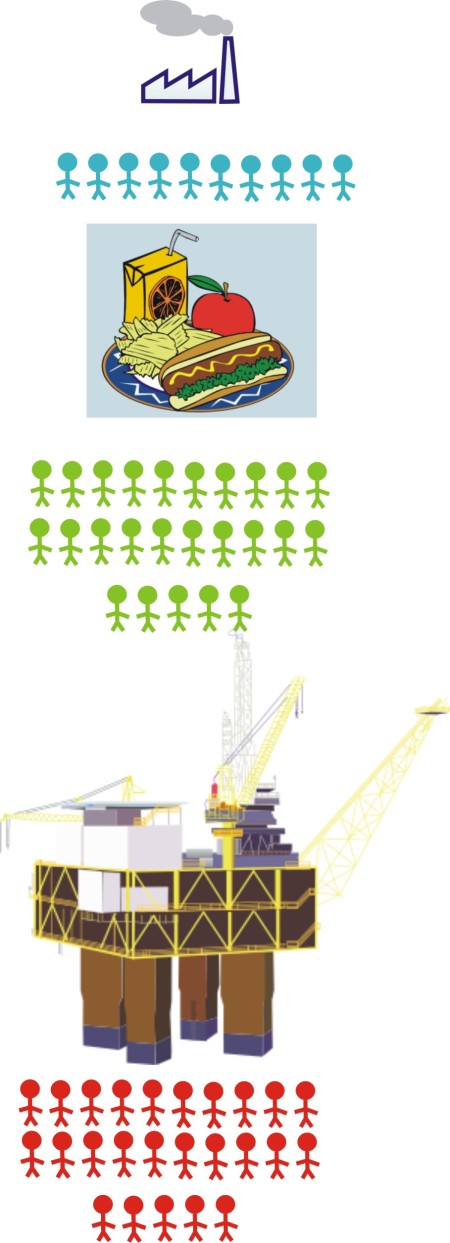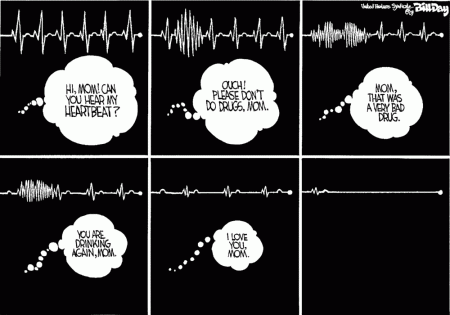Could I have someone to relate to? See, I’ve been travellin’, travellin’ forever, and now that I found a home, feels like I’m in Heaven.
~Hans Zimmer (The Traveling Song)
Anybody that has been in this planet the last fifteen years have heard how the world is getting smaller: Globalisation, global citizenship, the global village, and the flat world. Pundits are announcing the end of the nation-state, the end of the local community, and the upcoming era of the global person. They claim that nationalism is dead, and that ethnicity will only matter in history books. Nicholas Negroponte went as far as stating that nationalism is a disease. There are voices claiming that “The debate on national identities has become obsolete”.
I’ve been around the world in the pourin’ rain,
Feelin’ out of place, really fellin’ strange,
Take me to a place where they know my name,
Cuz I ain’t met nobody that looks the same
As a student of sustainability, it is very important to understand the social fabric of a given society. We target three bottom lines: Economic, Ecological, and Social, and you cannot target the social bottom line with a “one size fit all” culture that the Western in general, and the United States in particular, pretend to impose. Legions of immigrants come to Europe and Angloamerica, and they integrate, and they prosper, and for some, nationalism is a matter of the past, since they want to belong to their new home. But for every successful immigrant, there may be another ten who did not prosper, and there are thousands who are still in the homeland, keeping their own culture alive.
The United States still possesses the unique ability to assimilate new citizens of every race, religion, and culture into the fabric of its national and economic life, but the United States is not the world. Jerry Z. Muller declares:
Americans also find ethnonationalism discomfiting both intellectually and morally. Social scientists go to great lengths to demonstrate that it is a product not of nature but of culture, often deliberately constructed. And ethicists scorn value systems based on narrow group identities rather than cosmopolitanism. But none of this will make ethnonationalism go away. Immigrants to the United States usually arrive with a willingness to fit into their new country and reshape their identities accordingly. But for those who remain behind in lands where their ancestors have lived for generations, if not centuries, political identities often take ethnic form, producing competing communal claims to political power. The creation of a peaceful regional order of nation-states has usually been the product of a violent process of ethnic separation. In areas where that separation has not yet occurred, politics is apt to remain ugly.
I’m a fish out of water, Lion out of the jungle,
(He a fish out of water, loin out of the jungle)
I need my peoples, my peoples, take me to my peoples,
(He got jungle fever, show him some love, show him love)
Nationalism leads to wars. In Europe, after the conflicts of 1914 and 1939, a web of transnationals institutions were created, first to integrate Germany in a trade-dependent Europe, then to resist Soviet pressure, and finally to become a supra-state. Educated Europeans and North Americans like to think that nationalism is behind and that the globe is now a village. However, for the thousands of Latin Americans, Asians, and Africans who die every year trying to reach the promise land, the frontiers are not so open.
Just gotta have someone, gotta have someone, to relate to, to relate to,
(I found a brand new home)
In 1900 there were many states in Europe without a dominant nationality, by 2007 there were only two: Belgium is close to break up, and Switzerland, where the domestic ethnic balance of power is protected by strict citizenship laws. We also have Canada, where the ethnic division between French and English is a constant burden to Canadians.
Ethnonationalism has played a larger role in modern history than is commonly understood. Look at the post cold-war conflicts: Yugoslavia, Rwanda, the partition of Czech and Slovaks… Some places inside the Francophony only welcome francophone immigrants, and even in cities like Toronto, they are huge areas where people from one ethnicity dwell.
There are two ways of thinking about national identity. One is that all people who live within a country’s borders are part of the nation, no matter their origins. The other one is ethnonationalism, which defines a nation as a shared heritage, a common language, a common faith, and a common ethnic ancestry. Québec was recently recognised as a nation by the Prime Minister of Canada. Ethnonationalism draws much of its emotive power from the idea that the members of a nation are part of an extended family, ultimately united by ties of blood. It is the subjective belief in the reality of a common “We” that counts.
The end of the British mandate of Palestine created Israel, where two ethnics, Jews and Palestinians. Israel has been unable to live in peace for 61 years. The independence of Algeria saw the end of the Algerian-European ethnic, which was forced to go back to Spain and France. In Sudan, a civil war between the Islamic North and the Black South is still hot.
We, as promoters of sustainability, need to take the idea that nationalism is dead into serious consideration. The worlds elite, that probably includes all my readers (Westerns with access to internet and an interest about social issues) and fellow bloggers, belongs indeed to a supranational, non-ethnic world, but for each of us there are thousands and thousands who still believe that they only be home when everybody look like them.
Travelin’ the world like a tourin’ man,
Been around the planet in a foreign land,
I’ve seen things that I thought I’d never see,
Take me to a place where they look like me.



 Posted by mcyclops
Posted by mcyclops 


